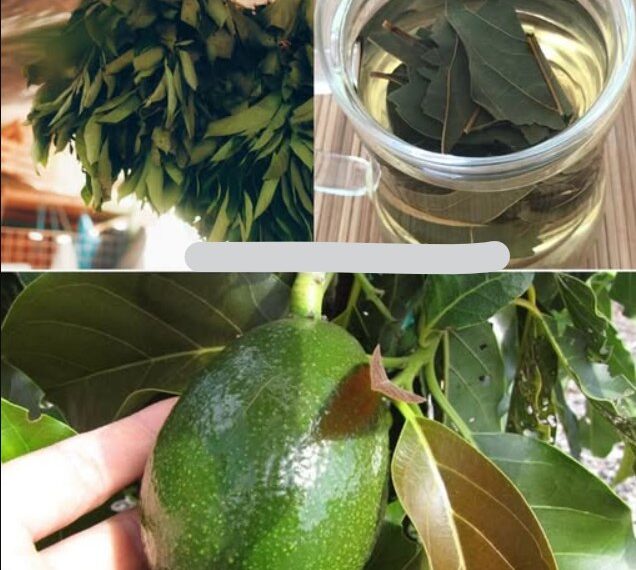Avocados have become one of the most celebrated superfoods of the 21st century. From avocado toast to guacamole, they have made their way into kitchens and cafes around the world. Known for their rich texture and high nutrient content, avocados are praised for being heart-healthy, full of fiber, and loaded with essential fats and vitamins.
But while the fruit itself is widely consumed and appreciated, most people have never even thought twice about the leaves of the avocado tree. These often-overlooked parts of the plant are discarded, composted, or ignored entirely. However, avocado leaves may hold a variety of health and medicinal benefits that have been known to traditional cultures for centuries—but are only now gaining attention in the broader wellness community.
A Hidden Gem in Traditional Medicine
In regions like Central America, Mexico, and parts of Africa and Southeast Asia, avocado leaves have been used in herbal medicine for generations. Healers and traditional practitioners have brewed them into teas, used them in poultices, or added them to natural remedies for a range of ailments. Why? Because avocado leaves are not just a byproduct of the fruit—they are a bioactive part of the plant, rich in compounds with therapeutic potential.
Avocado leaves contain several active compounds, including flavonoids, polyphenols, and saponins. These are the same types of phytochemicals found in other medicinal plants, known for their anti-inflammatory, antioxidant, and antimicrobial properties. One particularly powerful compound found in the leaves is quercetin, a well-known antioxidant also found in onions, apples, and berries. Quercetin is known to help combat inflammation, reduce blood pressure, and strengthen the immune system.
Health Benefits of Avocado Leaves
Here are some of the documented and researched health benefits of avocado leaves:
1. Anti-inflammatory Properties
Avocado leaf tea has been used to reduce swelling, pain, and joint discomfort. The anti-inflammatory effects are thought to be beneficial for people with arthritis, rheumatism, and other inflammatory disorders.
2. Antioxidant Support
Next page





